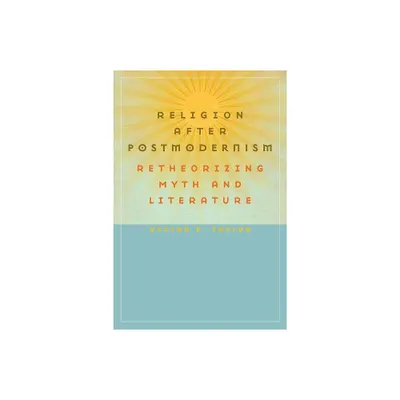Home
Thinking Again: Education After Postmodernism
Loading Inventory...
Barnes and Noble
Thinking Again: Education After Postmodernism
Current price: $95.00


Barnes and Noble
Thinking Again: Education After Postmodernism
Current price: $95.00
Loading Inventory...
Size: OS
*Product Information may vary - to confirm product availability, pricing, and additional information please contact Barnes and Noble
The 'postmodern condition,' in which instrumentalism usurps all other considerations, has produced a kind of intellectual paralysis in the world of education. It is difficult to take issue with such shibboleths of our time as 'standards', 'effectiveness' or 'quality', or the transmission of a nation's 'heritage', yet many people sense that important values are being lost as the education systems of the developed world increasingly devote themselves to managerialism and 'performativity', the quest for efficiency and effectiveness that can be quantified.
This book shows how a sustained and telling critique of current educational policy and practice can be developed from the writings of such postmodern thinkers as Lyotard, Derrida, Foucault, and Lacan. These thinkers show us new directions, making what has become over-familiar in education seem strange, and they shake us out of established ways of thinking and writing. The book reveals how very different certain aspects of education—for instance, literacy, moral education (in the home as well as the school), curriculum policy and planning—look in the light of these ideas. The book makes many of the central ideas of postmodern theory accessible by demonstrating their relevance to familiar aspects of the practice of education.
This book shows how a sustained and telling critique of current educational policy and practice can be developed from the writings of such postmodern thinkers as Lyotard, Derrida, Foucault, and Lacan. These thinkers show us new directions, making what has become over-familiar in education seem strange, and they shake us out of established ways of thinking and writing. The book reveals how very different certain aspects of education—for instance, literacy, moral education (in the home as well as the school), curriculum policy and planning—look in the light of these ideas. The book makes many of the central ideas of postmodern theory accessible by demonstrating their relevance to familiar aspects of the practice of education.


















